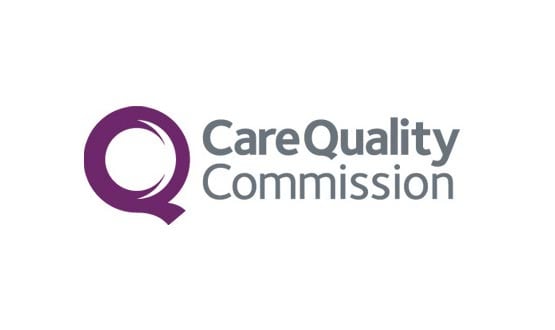CQC consults on inspection regime
- 11 April 2014

The Care Quality Commission has launched a month long consultation on its new regulation, inspection and rating regime.
The way the CQC spots problems, inspects healthcare organisations, and issues information is being overhauled in response to Robert Francis QC’s second report on Mid Staffordshire NHS Foundation Trust and the government’s response to it.
The watchdog has been revisiting the ‘intelligent monitoring tool’ that it uses to try and spot problems of the kind uncovered at Mid Staffordshire, which had high death rates and very poor care in A&E and on some wards between 2005 and 2008.
It has been setting up a new inspection regime, overseen by new chief inspectors of hospitals, adult social care, and general practice, and based on the ‘Keogh Review’ of 14 hospitals with apparently high mortality ratios that was ordered following the Mid Staffs inquiry.
The CQC has also been preparing to issue ‘Ofsted-style ratings’ about NHS hospitals to the public to honour a ministerial pledge from health secretary Jeremy Hunt, again in response to the Mid Staffs inquiry.
The consultation, which started on Wednesday and will run until June, sets out how these different strands of work will be delivered in detail, and asks for comments on whether the CQC is getting them right.
In particular, it is looking for views on the new rating system, which will rate adult health and social care services ‘outstanding’, ‘good’, ‘requires improvement’ or ‘inadequate’.
The documentation issued with the consultation sets out in great detail how inspectors will decide whether an individual ward or service is ‘safe’, ‘effective’, ‘caring’, ‘responsive to people’s needs’, and ‘well-led’, and how their decisions will be aggregated to produce a rating for an organisation such as a hospital.
CQC chief executive David Behan said: “Over the past six months, we set out proposals for different types of care services, and we have been testing our new style inspections in hospitals, mental health and community health services.
“Throughout these changes, we will always be on the side of people who use services and it is important to us that we hear what people think of our plans.”
As part of its testing work, the CQC has inspected 18 hospitals, and issued a report saying it had found an “unacceptably wide range of quality” in the course of the work. It raised particular concerns about the use of escalation wards and ‘do not resuscitate’ forms.
It has also rated three trusts that volunteered to be rated – Heart of England, Dartford and Gravesham, and Royal Surrey – which were rated as ‘requires improvement’, ‘requires improvement’, and ‘good’ respectively.
The CQC’s consultation documents suggest that it will be difficult for trusts to be judged ‘outstanding’ or even ‘good’, since the aggregate ratings section for hospitals says that any ‘inadequate’ or ‘requires improvement’ scores for individual services or wards are likely to lead to a ‘requires improvement’ rating overall.
Formal warning and improvement notices will also “limit” an overall rating. In a statement, health secretary Jeremy Hunt said the new regime would “shine a light on areas where improvement is needed” and “drive up quality.”
The CQC ‘consultation on how we regulate, inspect and rate services’ is on its website, and will run until 4 June.




